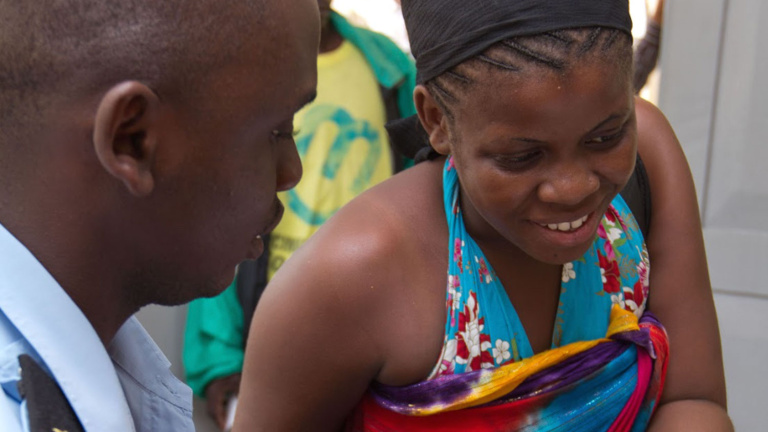
Focus on Migration: Moving backward, moving forward? - Editorial
The migration situation has monopolized the agenda of European leaders during past years. The EU’s external policies have been focusing on addressing the ‘root causes’ of migration, and utilising the EU toolbox to establish partnerships on border governance, management of migration, security, and development. In an attempt to jointly address issues of migration governance, UN Member States will adopt in 2018 the two first-ever global agreements aimed at addressing migration and at providing durable solutions for refugee: the global compacts on migration and refugees. Fostering the economic and social benefits of migration, also through the commitments made in the 2030 Agenda for Sustainable Development, constitutes an important aspect of the negotiations leading to the compact for safe, orderly and regular migration.
To contribute to these debates, we dedicated this GREAT Insight’s Winter issue to the relationship between migration and development processes and their implications for policies. We invited authors from different spheres of work – intergovernmental organisations, NGOs, academia, media, and the private sector – to reflect on drivers of migration, mobility and displacement, explore their interaction with socio-economic development processes and give insights on how policies and programmes can and should address these links.
The first four articles introduce current policy frameworks and approaches, at the global, European and African levels. The aim of these frameworks in their distinct ways is to govern migration processes, enforce laws, ensure rights and support the economic transformation potential of migration and displacement. As such they often have to balance a fine line and navigate tensions between different objectives. This section gives an overview over the negotiations for the UN Global Compacts, explores EU-Africa cooperation on migration after the recent Summit, provides insights into African regional migration governance and presents some critical reflection on associating EU development cooperation with migration control.
The articles in the second section investigate how policies land on the ground. The various articles uncover a snapshot of how policy processes and frameworks influence realities of displaced persons, irregular migrants and refugees in different geographic contexts in Africa. The different perspectives shed light on some of the challenges and opportunities that policy-makers, those working on the ground, migrants and refugees face. They examine how livelihoods are supported, threatened and changed through migration processes.
The last section presents existing practical initiatives and ideas to improve migration governance and enhance its development potential through programmes and projects. It offers an illustration through exploring current initiatives of various organisations.
This issue of GREAT Insights highlights the complexities around migration and mobility as well as the growing need for comprehensive migration governance that is embedded in sustainable development strategies. We very much hope you will enjoy reading the various articles and as always welcome comments and suggestions for our work.
Guest editors
Noemi Cascone and Anna Knoll
Read the full magazine issue




